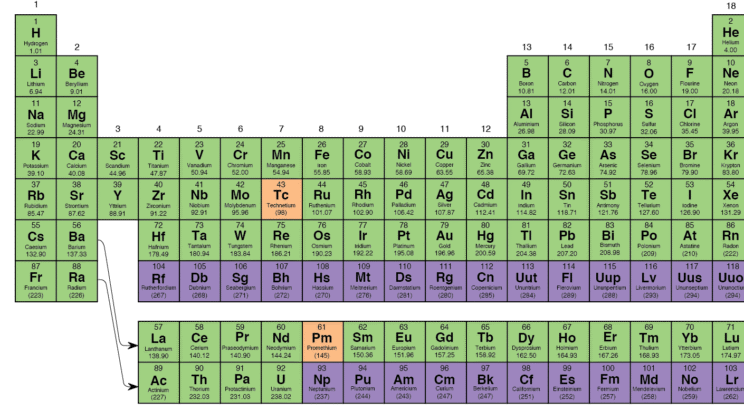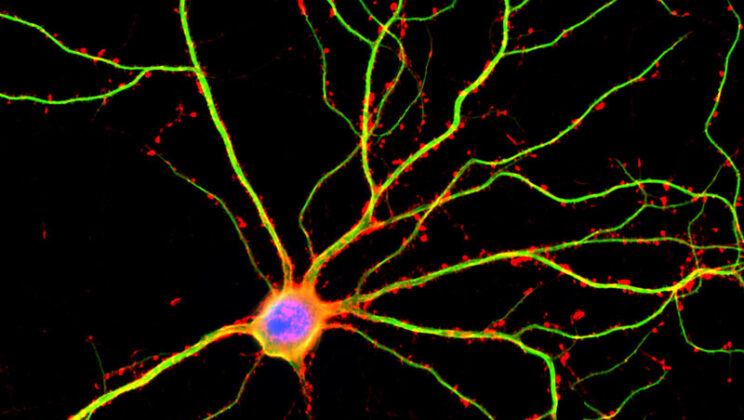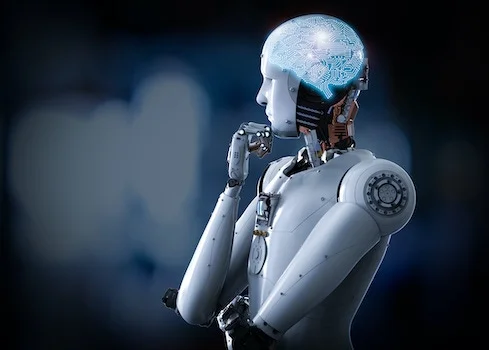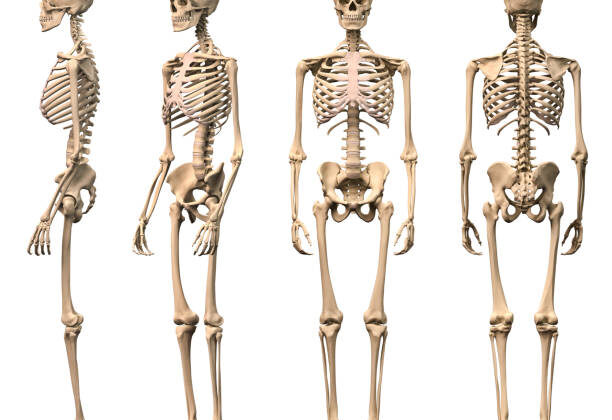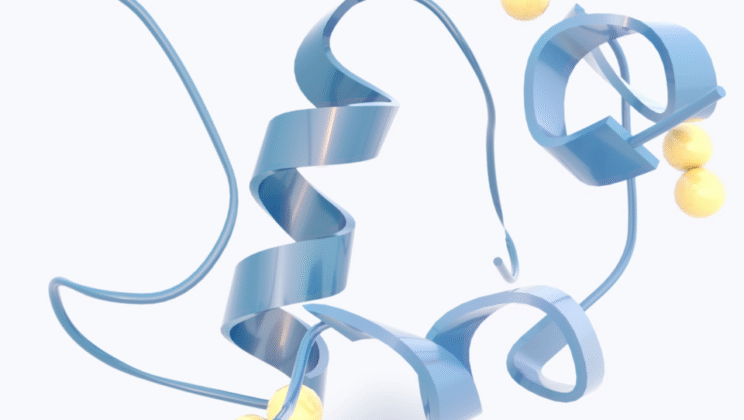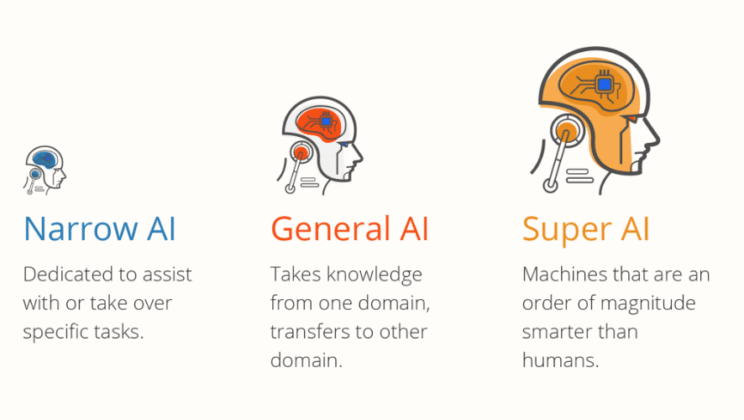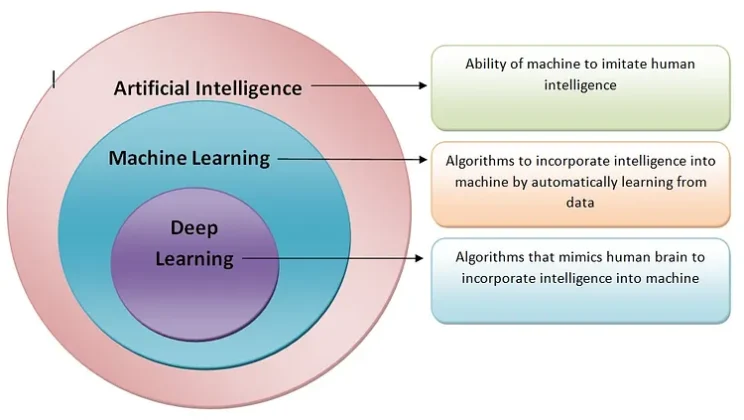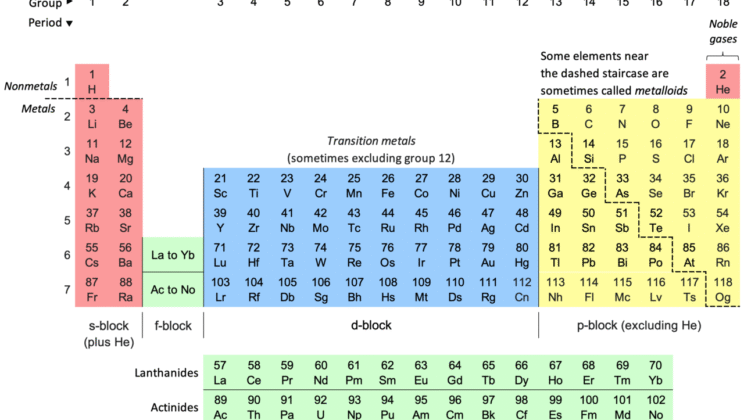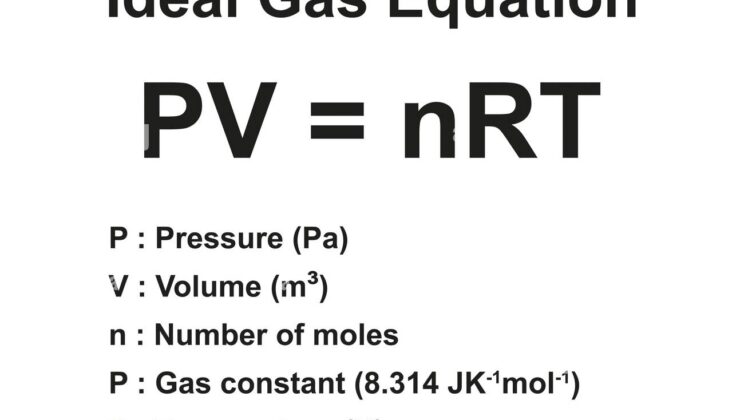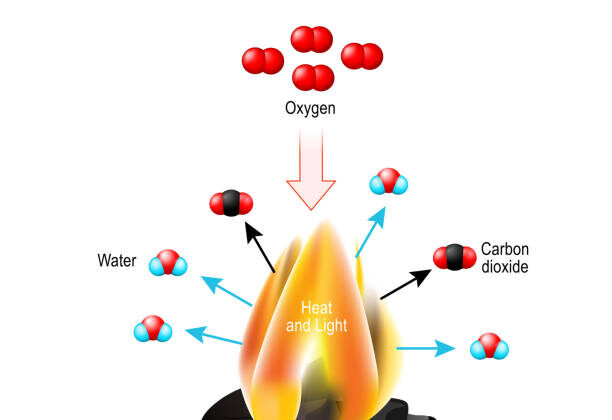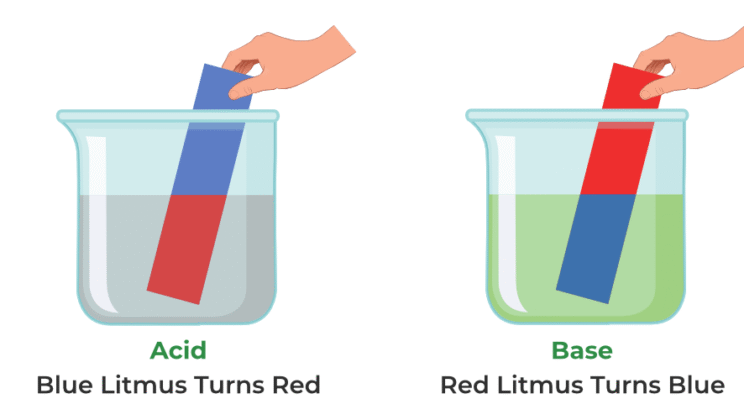For over a century, exceptional points (EPs) have intrigued physicists, offering glimpses into the peculiar behaviors of non-Hermitian systems—systems where…
Author: Muhammad Tuhin
Top 10 Rare Elements You’ve Never Heard Of
When you think of elements, the big names probably pop into your mind first: oxygen, carbon, gold, iron. Maybe a…
The Story Behind the Discovery of Elements
Long before the dawn of modern science, humanity gazed at the earth, sky, and sea with awe and wonder. Ancient…
How Neural Networks Mimic the Human Brain
From the moment the first computer was built, scientists and dreamers alike have wondered: could machines someday think like humans?…
AI in Everyday Life: 20 Real-World Examples
Artificial Intelligence (AI) is no longer confined to science fiction or high-tech laboratories; it’s woven into the very fabric of…
The Future of AI: 10 Predictions for the Next Decade
Artificial Intelligence is no longer confined to science fiction or futuristic laboratories. It’s here, woven into our smartphones, powering recommendations,…
New Fusion Technology Promises Cleaner, Cheaper Energy Future
In the persistent quest to harness the power of the stars, a new spark of hope has emerged from a…
Scientists Reveal Structure of LPD-3, a Giant Protein Tunnel for Lipid Transport Across Cell Membranes
In a groundbreaking study blending innovation and perseverance, researchers from Oregon Health & Science University and Oregon State University have…
What is the Human Skeleton? Anatomy, Functions, and Fascinating Facts
Beneath the layers of skin, muscle, and blood that we see in the mirror every day, a remarkable structure quietly…
What is the Role of Insulin in the Body?
Imagine a symphony orchestra without a conductor. The violinists might speed up, the percussionists could slow down, and the resulting…
The 5 Types of AI You Need to Know
Artificial intelligence (AI) is not just a futuristic concept anymore—it’s embedded into the very fabric of our daily lives. From…
What Is Narrow, General, and Super AI?
The world of artificial intelligence (AI) is vast, complex, and constantly evolving. It’s not a single entity but a spectrum…
How Artificial Intelligence Works: A Beginner’s Guide
Artificial Intelligence (AI) is no longer just a concept seen in science fiction movies. It’s transforming the world we live…
AI vs. Machine Learning vs. Deep Learning: What’s the Difference?
We are living in an extraordinary time — an era when machines can see, speak, listen, drive cars, compose music,…
What Makes Noble Gases So Noble?
Deep within the sprawling empire of the periodic table lies a distinguished family of elements known as the noble gases.…
Meet the Most Reactive Elements on Earth
In the vast tapestry of the universe, stability is rare. Nature, it seems, thrives on chaos, change, and transformation. Nowhere…
10 Fascinating Facts About the Periodic Table
The periodic table is one of humanity’s greatest intellectual achievements, a masterpiece of scientific organization that captures the very building…
10 Most Important Chemistry Formulas (And How to Use Them)
Chemistry is more than a subject taught in classrooms. It’s the quiet architect behind every experience you have—cooking, breathing, traveling,…
What Is a Chemical Reaction? Types and Examples Explained
Look around you. Everything you see, touch, smell, and even feel inside yourself is the result of countless chemical reactions.…
Acids vs. Bases: What’s the Difference?
In the grand theater of chemistry, few rivalries are as ancient, fundamental, and captivating as that of acids and bases.…
How AI Is Supporting Human Creativity, Not Replacing It
Throughout history, technological advancements have reshaped the landscapes of human creativity. The printing press democratized literature, photography transformed art, and…
How AI Is Improving Translation and Breaking Language Barriers
For most of human history, language has been both a bridge and a barrier. It connects cultures, enables cooperation, and…


